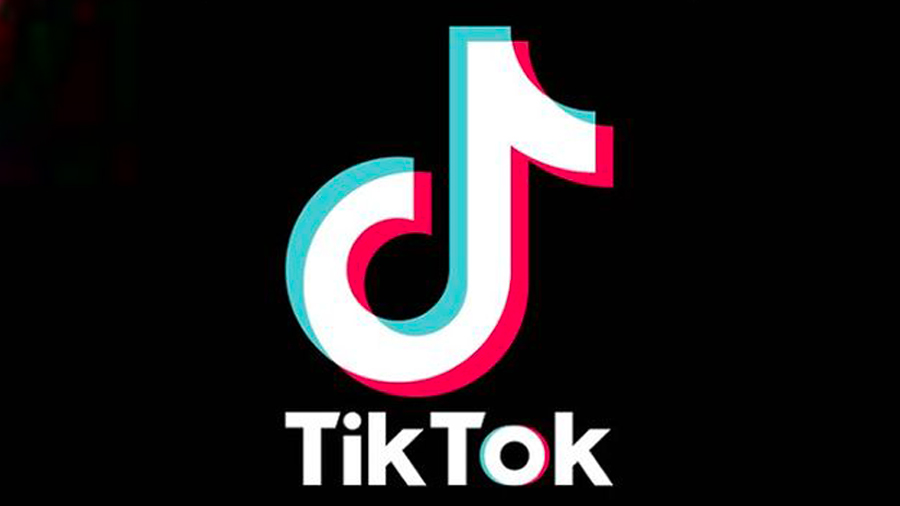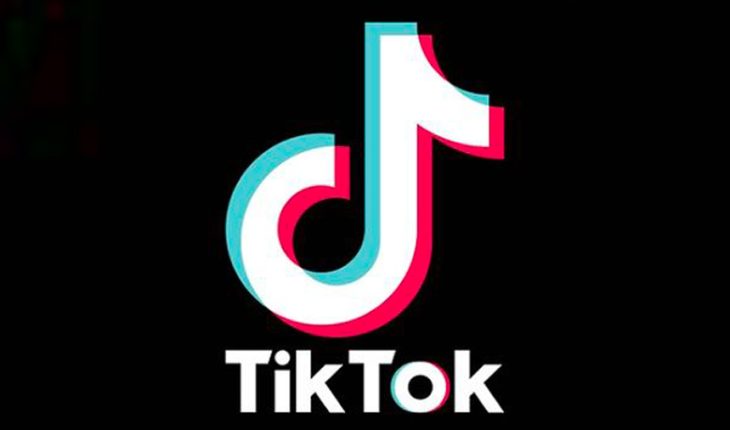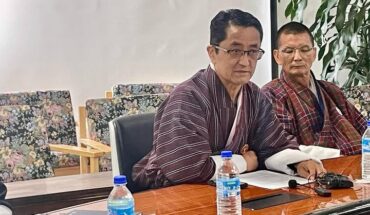
KINZANG DORJI TSHERING
Thimphu
he Bhutan InfoComm and Media Authority (BICMA) has issued a public warning over the rise of “extreme punishment shows” on TikTok, raising concerns about the safety of participants and the psychological impact such content could have on viewers, particularly among youth.
In a notification released on August 21, BICMA stated that its monitoring team observed a growing number of live-streamed videos featuring individuals engaging in humiliating or harmful acts to attract likes, followers and virtual gifts.
The regulator said these activities, often framed as entertainment, are in breach of the Rules and Regulations on Content 2019. Under Section 2.2(c), media content that is indecent, abusive, offensive to public feeling, or that encourages crime and disharmony is strictly prohibited.
According to BICMA, these trends trivialize self-harm and humiliation while exploiting participants for monetary gain. The authority cautioned that accounts found creating or promoting such content will face regulatory penalties.
Officials also pointed to the potential long-term psychological effects on audiences. Young people, who make up one of Bhutan’s largest user bases on TikTok, are particularly vulnerable to copying harmful stunts.
The notification appealed to creators, streamers and viewers to exercise caution and use social media responsibly.
TikTok-related concerns are not new in the country. In 2024, the Department of Law and Order under the Home Ministry issued a similar advisory after videos of dangerous “challenge” trends surfaced.
Though formal complaints were minimal, the department had warned of the risks to public safety and social harmony.
Public opinion on TikTok also remains divided. While some users have expressed that excessive engagement affects their well-being, others defend the platform as a legitimate space for creativity and communication.
“TikTok started affecting my mental health before I even realized it. I was constantly worried about how I looked and whether my videos would get enough attention,” said Pelden Lhamo, a college student in Thimphu. “Eventually, I had to delete the app for a while to get my sleep and routine back on track.”
Others argue that the platform’s benefits outweigh its downsides if used responsibly.
Jigme Namgyal, a small business owner who uses TikTok to promote his handicrafts, said, “For me, TikTok has been a tool to reach customers I wouldn’t have otherwise connected with. There will always be some bad actors online, but you can block and report them. It depends on how you use it.”
Some users believe the responsibility ultimately rests with individuals.
Ugyen Dorji, an IT employee in Thimphu, said, “social media is neutral. If you use it constructively, it’s valuable; if you abuse it, it’s harmful. The platform itself is not to blame.”
Popular content creator Chimi Wangmo also weighed in on the recent punishment-show trend. She said she once explored TikTok’s gaming feature out of curiosity but chose not to engage in games that involved any form of punishment.
“I tried it once just to understand what the hype was about,” she said. “After that, I decided not to take part in anything that involved punishments or stunts. People should be careful about what they agree to for views or money.”
Chimi acknowledged BICMA’s concerns and called for broader awareness.
“Some of the punishments are clearly excessive. Stricter regulations are necessary, but social media literacy is equally important. Parents and youth both need to understand how these platforms work,” she said.
Experts and civil society groups have echoed similar views, noting that rules alone will not solve the problem. They recommend public awareness campaigns, school-level digital literacy programs and open community dialogues to help young users navigate online spaces safely.
Meanwhile, some voices in the public debate have called for stronger measures. A section of users believes a temporary suspension or even a nationwide ban on TikTok would benefit society, though others argue that education and responsible usage are better solutions.
BICMA’s latest directive indicates a tougher stance on harmful online practices.
However, whether through stricter enforcement or greater public education, the debate over TikTok and its impact on Bhutanese society is unlikely to end soon





